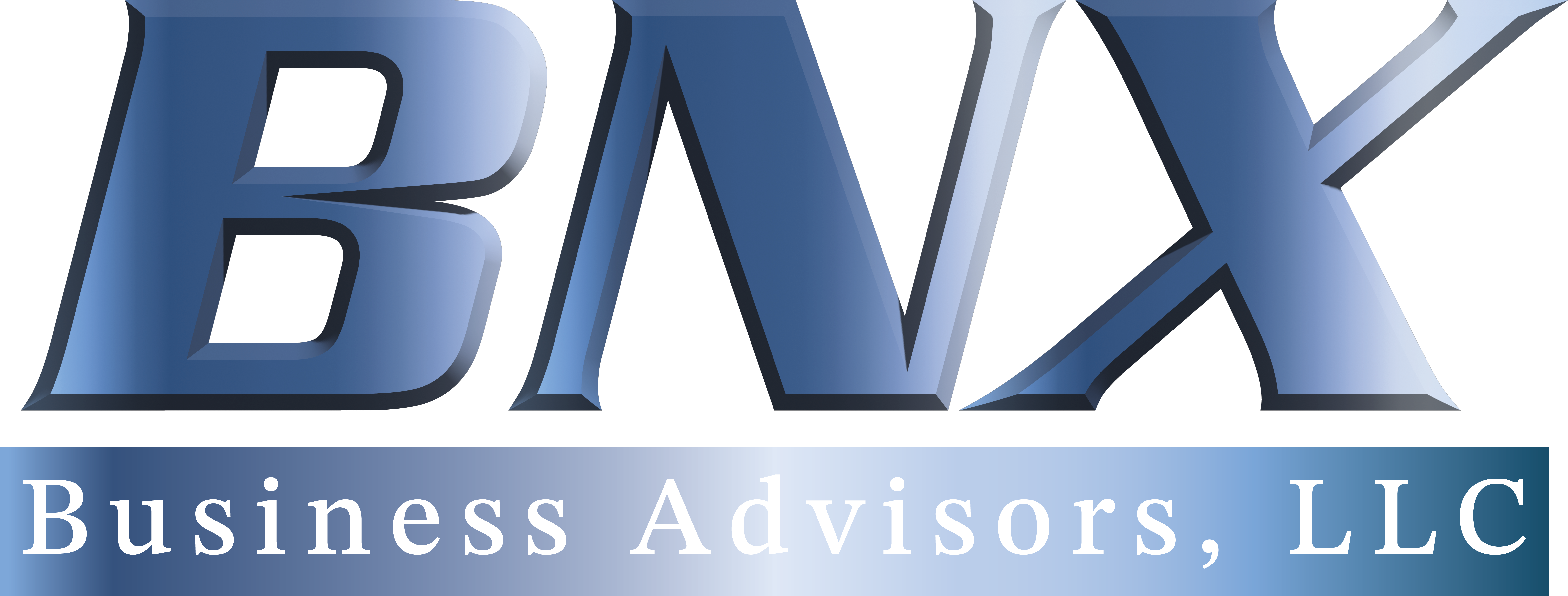
Encouraging Continuous Improvement
Introduction:
A feedback culture is essential for fostering a culture of continuous improvement within organizations. By creating an environment where feedback is actively sought, valued, and acted upon, organizations can enhance employee growth, increase productivity, and drive innovation. In this blog, we will explore the importance of a feedback culture and provide strategies for encouraging continuous improvement through effective feedback practices.
- Normalize Feedback:
To create a feedback culture, it is important to normalize feedback as a regular part of work interactions. Encourage open and honest communication throughout the organization. Leaders should set the example by actively seeking feedback from their teams and peers. Emphasize that feedback is not solely reserved for performance evaluations but rather an ongoing process for growth and development.
- Foster Psychological Safety:
Psychological safety is crucial for individuals to feel comfortable giving and receiving feedback. Create an environment where employees feel safe to express their opinions and ideas without fear of negative consequences. Encourage respectful and constructive feedback by setting expectations for behavior and communication. Celebrate mistakes as learning opportunities and emphasize a growth mindset that values continuous improvement.
- Provide Training on Feedback Skills:
Offer training programs to enhance employees’ feedback skills. This includes teaching individuals how to deliver feedback effectively, focusing on specific behaviors, and framing it constructively. Provide guidance on active listening, empathy, and non-defensive responses to feedback. Equip employees with the skills to give and receive feedback in a way that promotes growth and strengthens relationships.
- Encourage Two-Way Feedback:
Feedback should flow in multiple directions, not just top-down. Encourage employees to give feedback to their peers, managers, and even to higher levels of leadership. Implement feedback mechanisms such as suggestion boxes, anonymous surveys, or regular feedback sessions to provide opportunities for all employees to share their perspectives. Promote a culture where everyone feels empowered to contribute their insights and ideas.
- Focus on Specific, Actionable Feedback:
Effective feedback is specific, actionable, and tied to observable behaviors. Encourage employees to provide feedback that is detailed and constructive, highlighting both areas for improvement and strengths. Encourage the use of “I” statements to express personal experiences or observations. Encourage feedback givers to offer suggestions for improvement or alternative approaches to support continuous growth.
- Implement Regular Check-Ins:
Regular check-ins between managers and employees provide a structured opportunity for feedback and discussion. These one-on-one meetings allow for ongoing communication and alignment of expectations. Encourage managers to actively seek feedback from their direct reports and provide guidance and support for development. Regular check-ins foster trust, facilitate open dialogue, and help address any concerns or challenges in a timely manner.
- Recognize and Celebrate Feedback:
Recognize and celebrate instances of effective feedback within the organization. Publicly acknowledge individuals who provide valuable feedback and those who demonstrate a growth mindset by actively seeking feedback. Celebrate the positive outcomes that result from feedback, such as improved performance or innovative ideas. By recognizing and rewarding feedback, organizations reinforce its importance and encourage a feedback-driven culture.
Conclusion:
Creating a feedback culture is instrumental in fostering continuous improvement and growth within organizations. By normalizing feedback, fostering psychological safety, providing training on feedback skills, encouraging two-way feedback, focusing on specific, actionable feedback, implementing regular check-ins, and recognizing and celebrating feedback, organizations can create an environment where continuous improvement is embraced and valued. Feedback becomes a catalyst for individual and organizational growth, leading to enhanced performance, increased employee engagement, and a culture of innovation and excellence.
